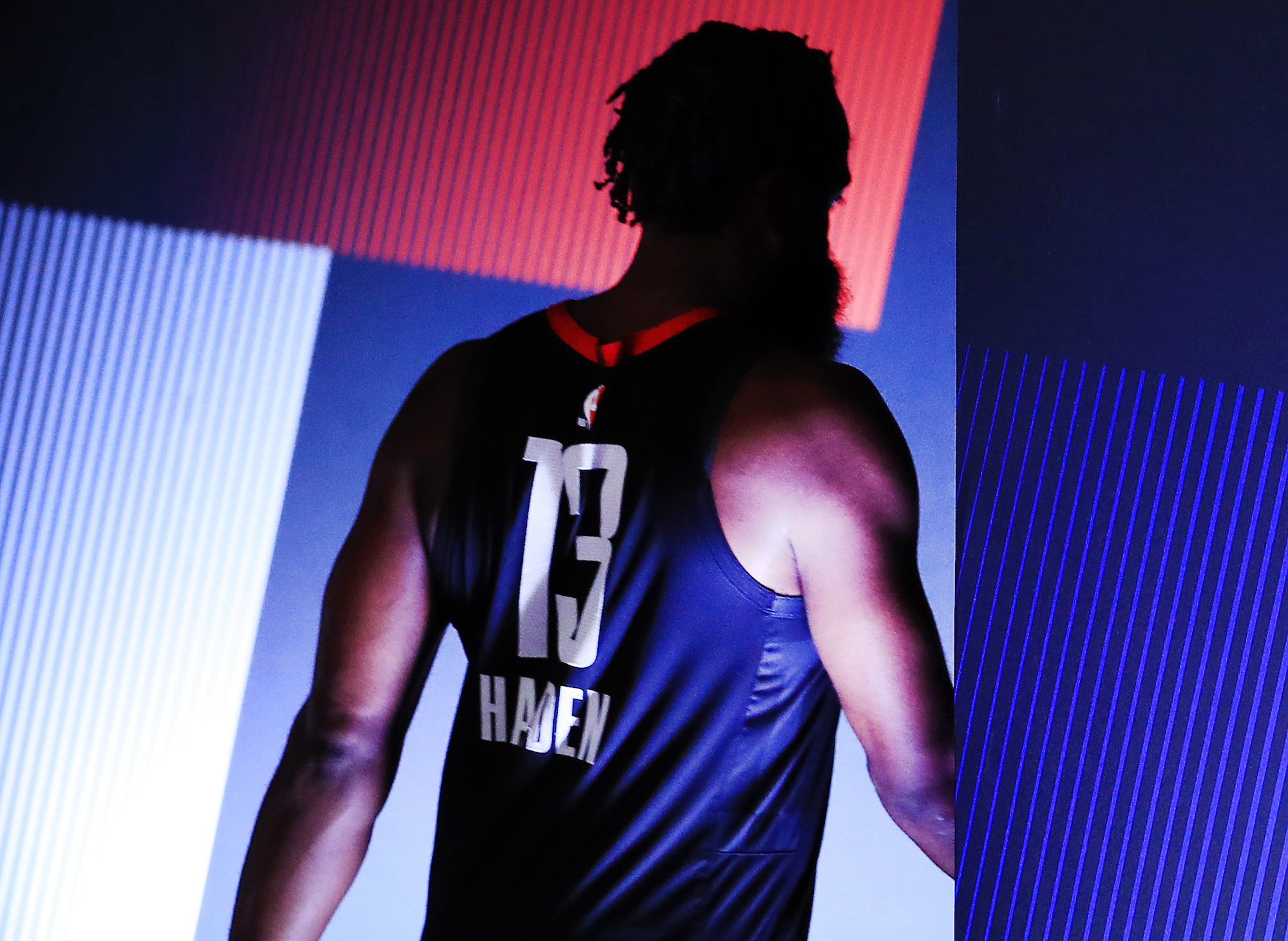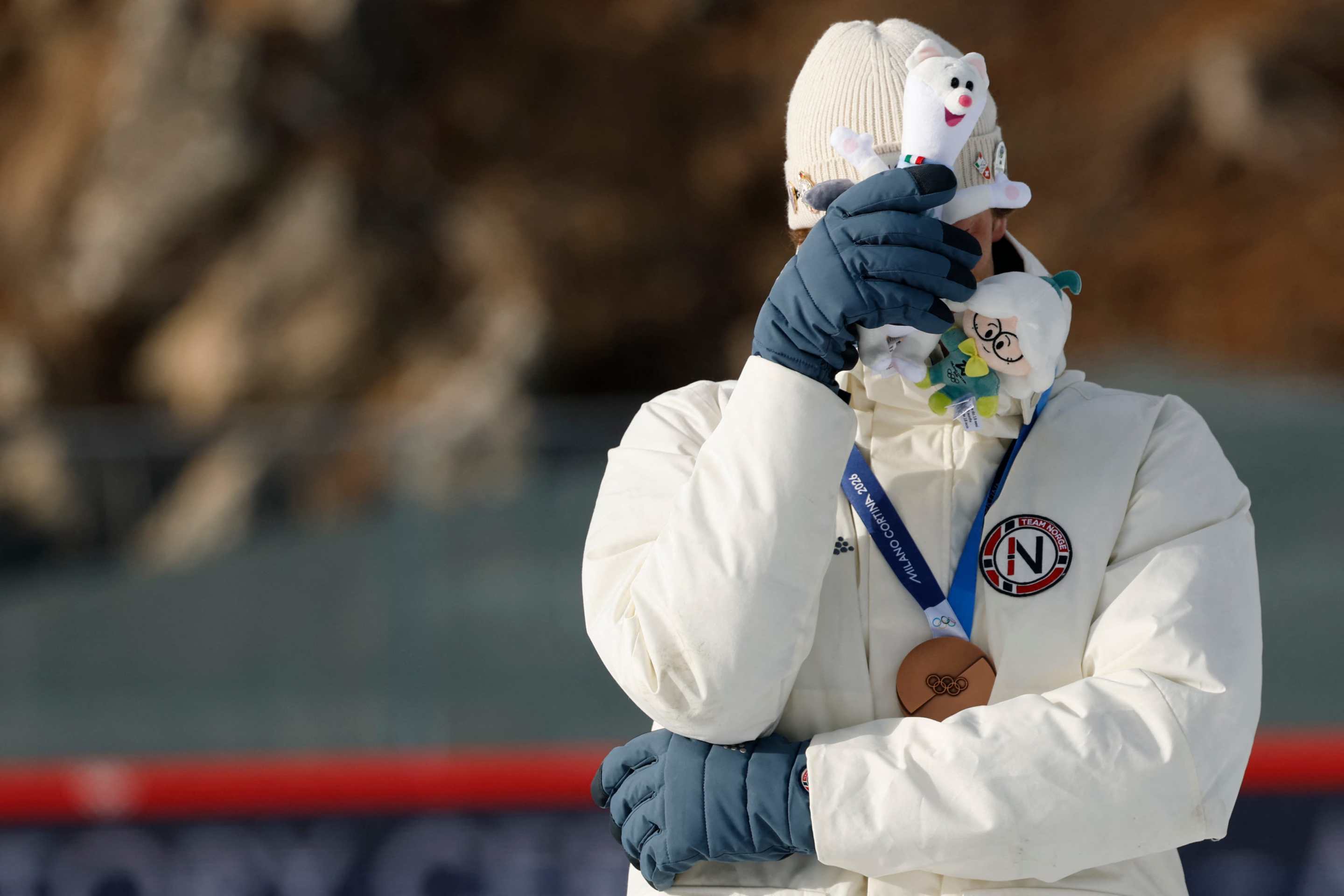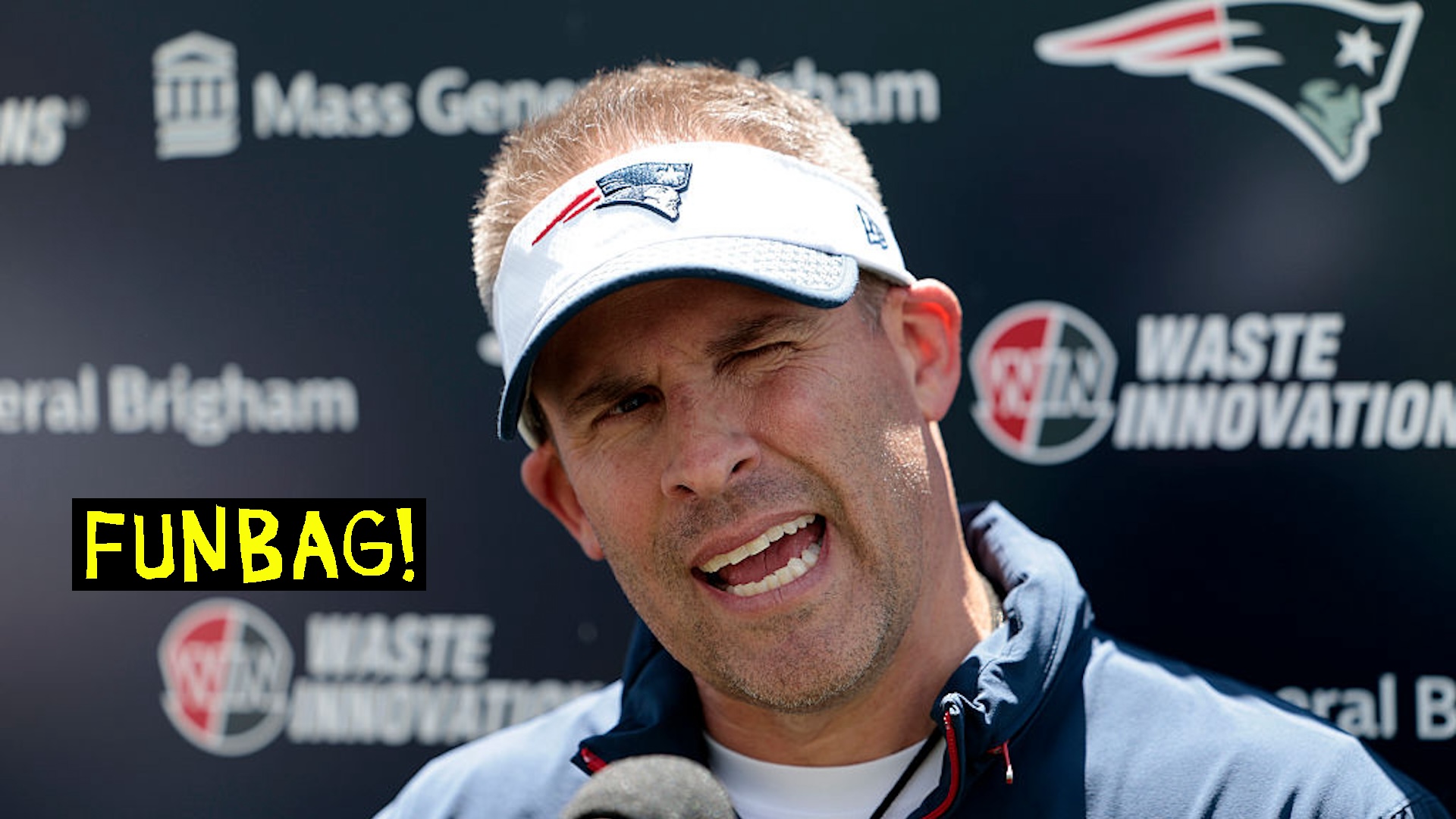So the question at first appears to be whether James Harden is within his rights to ditch the Houston Rockets in such a visible way given that it's 2020 and there are no more rules anyway.
And the answer is another question: What have rights got to do with it? Of course he can do this. That is not in question. The real argument is slightly more coded. Is he a good enough player to do it?
The NBA has been dealing with this for more than a half-century, since Wilt Chamberlain forced a trade to go from San Francisco to Philadelphia because he missed his old stomping grounds and because he had the leverage to hold out until he got said trade. Then he did it again, from Philadelphia to Los Angeles in 1968. That's how old leverage is in this league.
Harden's play is interesting to NBA weirdos/insiders in that he makes his moves with the subtlety of a sphinx. He lets the wind drive the rumor mill, and the mongers of those rumors make the scenarios that get him out of what seems to be a thoroughly shredded situation in Houston for a spasmodic owner crying cash-poor in the virus economy. But it's the same story in the end.
Harden has for the most part had it his own way in Houston, if you view that phrase as the team being built around him for several years now. That's the buyer's-remorse part of the argument, that he didn't deliver a championship with a roster he had a hand in creating, like most other general managers. He now sees that being the centerpiece of what looks like a ninth-place team isn't much fun at all, and that situations that seemed permanent rarely are. The Rockets appear dead-ended, and Harden is leveraging his way out. Given the circumstances, who wouldn't?
But the NBA is also very hierarchical in that players with either rings (e.g. LeBron James) or a clear path to one (e.g. Anthony Davis) are perceived to be worthy of this level of career-management. Harden has neither, and besides, a lot of people find his playing style aesthetically problematic. And that is where the argument actually rests: an individual evaluation of who should get public approval for such a power move and who shouldn't.
Team owner Tilman Fertitta can't make Harden keep liking him no matter how big his desk might be, and he definitely can't make Harden like working for a team in perceived decline. The Rockets have blown everything up around Harden, and the only thing left for them to do is extract enough dynamite from another team to finish the job. Fertitta isn't going to want to pay Harden-on-a-mission money to a disengaged Harden, and everyone in the business understands that. Fertitta has no leverage except that which comes with very expensive petulance, and there is no moral high ground to be discovered here. It's a matter of muscle, and Harden is currently yoked.
In a weird way, the Harden conundrum is explained in this analysis of the Cleveland Cavaliers, namely, how much responsibility is borne by the player who has been given money, influence, and even portions of roster control, when it goes all pear-shaped. But it's also the eye-of-the-beholder argument about who has done enough to win public approval of such a power play. The next-level debate, though, is therefore not a matter of milestones but of prerogatives. Harden seized the power to manage his career because it was there to be seized, and whatever shortfalls in his resume are the perceptual problem of the beholder.
But for those of you who think Harden is in the wrong, unworthy of tending to his remaining career because he isn't as decorated as James or Kevin Durant or Kawhi Leonard or Stephen Curry or ... well, maybe you can have this much satisfaction. Maybe Harden goes to Philly and still ends up craning his neck at better teams the way he did in Oklahoma City and Houston. Maybe Harden gets to go on that most Phantom Zone of lists, "best player to never have won a title." Maybe the Houston that was a few years ago ends up being the best shot he ever had. That won't be known until Harden hangs up his beard, so you'll have to hold your schadenfreude in abeyance until then.
For now, Harden has the deck, and that's all that actually matters here. The Houston Rockets gambled on him to get a parade and got nothing but a player powerful enough to leave them of his own accord. Any problem you might have with it is ultimately that—yours.






